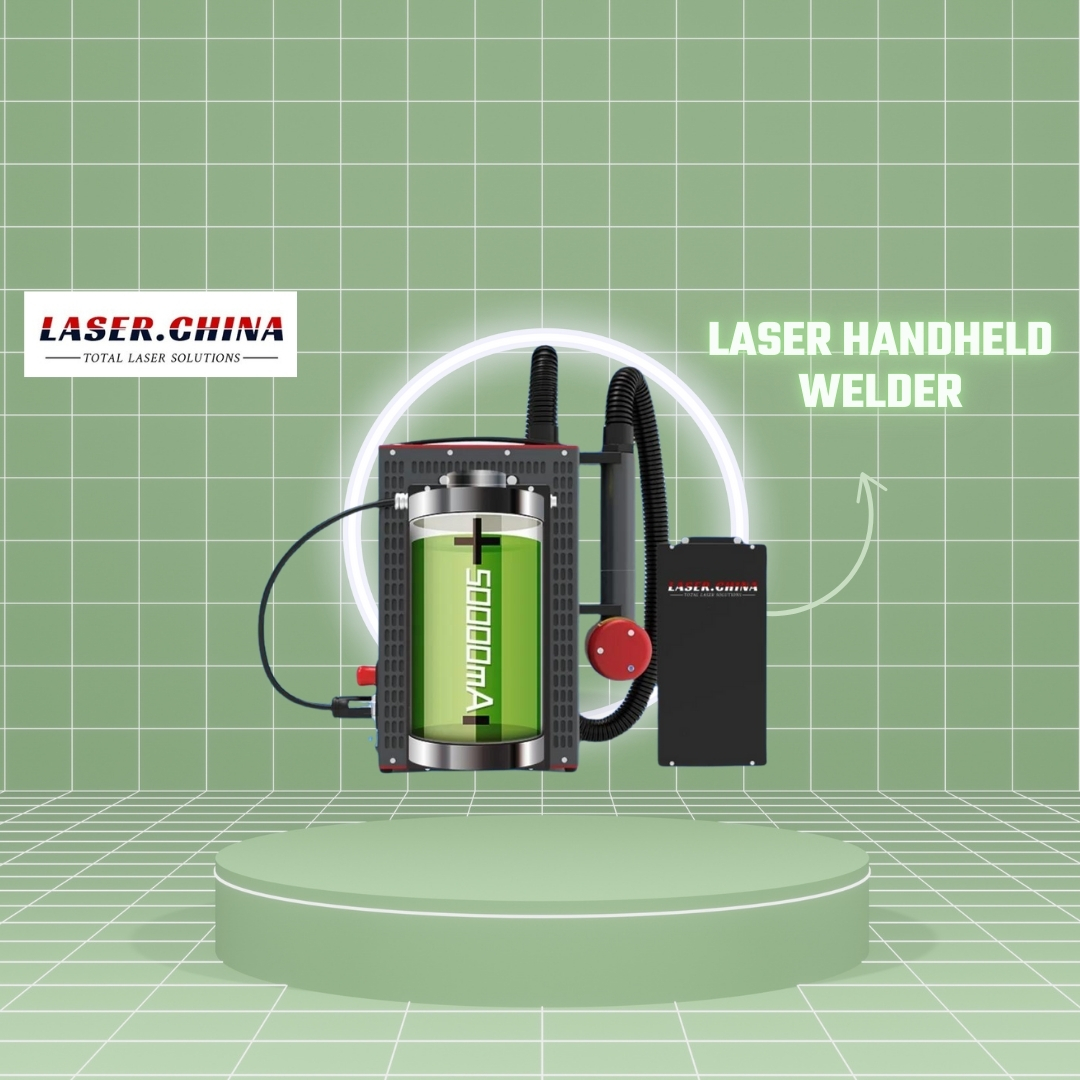Managing finances is crucial for any business, and the automotive industry is no exception. Effective automotive bookkeeping ensures that auto repair shops and dealerships maintain profitability, comply with tax regulations, and make informed business decisions. However, several common mistakes can derail these efforts. In this article, we will explore these common pitfalls in automotive bookkeeping, discuss their impacts, and provide strategies to avoid them.
1. Inaccurate Expense Tracking
The Problem
One of the most common mistakes in automotive bookkeeping is failing to accurately track expenses. Auto repair shops often have numerous transactions for parts, tools, and other operational costs. When these expenses are not meticulously recorded, it can lead to incorrect financial statements and cash flow issues.
How to Avoid It
- Implement a Robust Accounting System: Use accounting software specifically designed for automotive accounting to automate and streamline expense tracking.
- Regular Reconciliation: Compare your recorded expenses with bank statements regularly to ensure accuracy.
- Detailed Record Keeping: Maintain detailed records for every transaction, including receipts and invoices.
2. Overlooking Inventory Management
The Problem
In the automotive industry, inventory can account for a significant portion of a company’s assets. Poor inventory management can lead to overstocking, stockouts, and inaccurate financial reporting.
How to Avoid It
- Use Inventory Management Software: Integrate inventory management systems with your accounting software to keep accurate records.
- Conduct Regular Audits: Perform periodic inventory audits to ensure that your recorded inventory matches physical counts.
- Implement Just-In-Time (JIT) Inventory: Reduce excess stock by adopting JIT inventory practices, ordering only what is necessary when it is needed.
3. Neglecting Regular Financial Reviews
The Problem
Automotive businesses often neglect regular financial reviews, which can result in unnoticed financial discrepancies and missed opportunities for improvement.
How to Avoid It
- Monthly Financial Statements: Generate and review monthly financial statements, including profit and loss statements, balance sheets, and cash flow statements.
- Professional Consultation: Consider hiring a professional accountant or bookkeeper, like those at Ceptrum, who specialize in automotive accounting and can provide expert advice.
4. Mixing Personal and Business Finances
The Problem
Mixing personal and business finances is a common mistake that can complicate bookkeeping and lead to inaccurate financial records.
How to Avoid It
- Separate Bank Accounts: Maintain separate bank accounts for personal and business transactions.
- Clear Documentation: Ensure all business transactions are well-documented and categorized correctly.
- Professional Assistance: Work with a professional bookkeeper to maintain clear boundaries between personal and business finances.
5. Improper Handling of Payroll
The Problem
Payroll errors, such as miscalculations or late payments, can lead to employee dissatisfaction and potential legal issues.
How to Avoid It
- Automate Payroll Processing: Use payroll software to automate calculations and ensure timely payments.
- Stay Updated on Regulations: Keep up with labor laws and tax regulations to ensure compliance.
- Regular Audits: Periodically audit your payroll processes to identify and correct any errors.
6. Inadequate Tax Preparation
The Problem
Failing to prepare adequately for taxes can result in penalties and missed deductions that could save money.
How to Avoid It
- Hire a Tax Professional: Engage a tax professional who understands the nuances of automotive bookkeeping and can help maximize deductions and ensure compliance.
- Keep Detailed Records: Maintain detailed records of all financial transactions throughout the year to simplify tax preparation.
- Plan Ahead: Set aside funds for tax payments to avoid cash flow issues when taxes are due.
Conclusion
Effective automotive bookkeeping is essential for the success of any auto repair shop or dealership. By avoiding common mistakes such as inaccurate expense tracking, poor inventory management, and neglecting regular financial reviews, businesses can maintain accurate financial records and make informed decisions. Utilizing professional services, like those offered by Ceptrum, can provide valuable support and expertise, ensuring your automotive business runs smoothly and profitably.
By implementing these strategies, automotive businesses can avoid common bookkeeping pitfalls and position themselves for long-term success.



